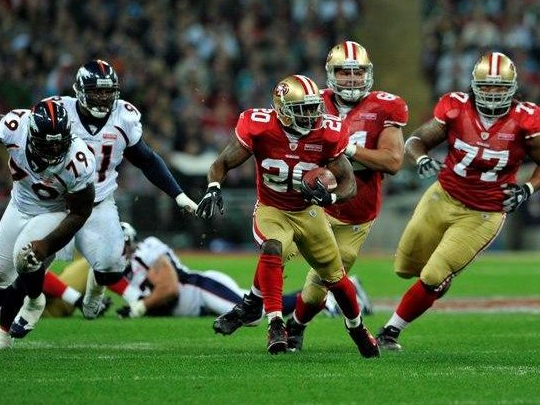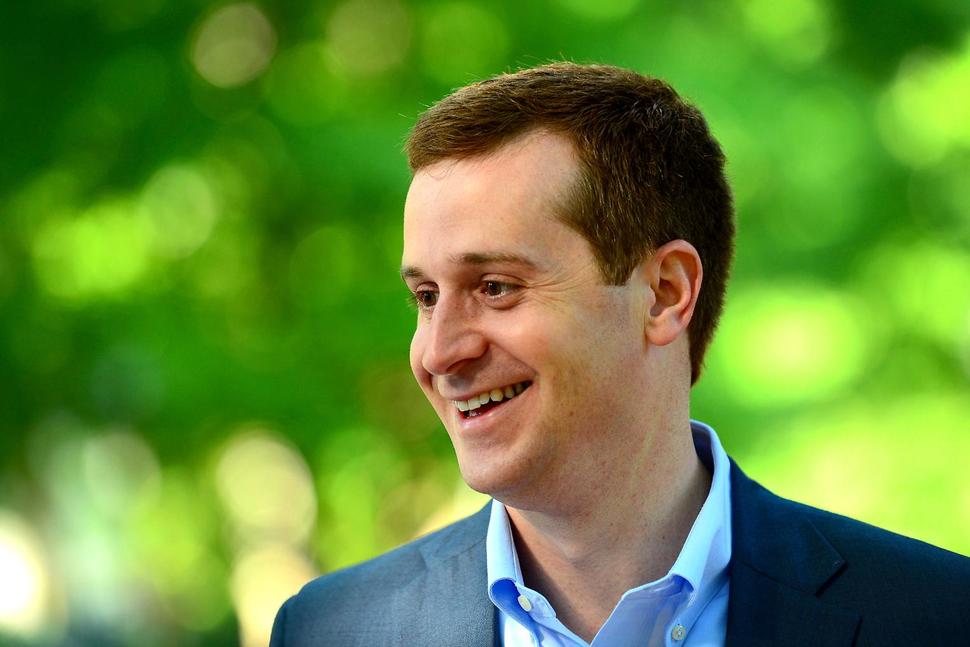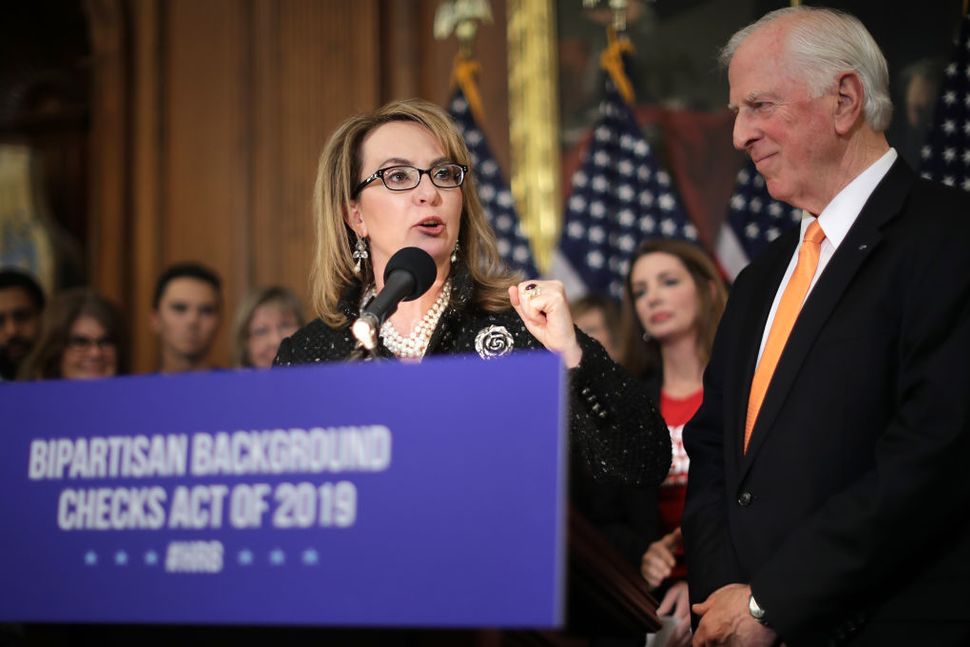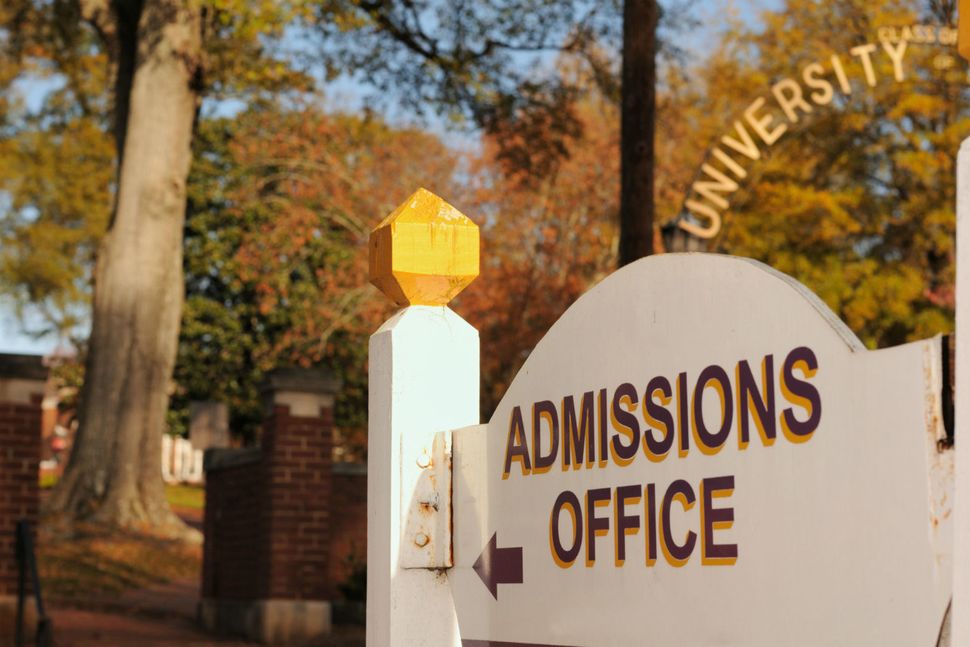Race
Round 2 Begins in Disputed North Carolina Congressional Race
North Carolina officials' decision to call a new election in the state's 9th Congressional District marks the dramatic end to a monthslong investigation into voting irregularities in the disputed 2018 race.
After a long-awaited evidentiary hearing about the investigation into allegations of absentee ballot fraud in the race between Republican Mark Harris and Democrat Dan McCready, North Carolina officials, in a unanimous and bipartisan vote, ordered a new election.
Harris led McCready by 905 votes in the unofficial tally, but the North Carolina State Board of Elections declined to certify the results as allegations surfaced about an absentee ballot scheme led by Harris political operative Leslie McCrae Dowless.
The declaration of a new election came after four day of hearings in which state investigators laid out evidence of an "unlawful" and "coordinated" absentee ballot fraud scheme. In surprising testimony, John Harris, the candidate's son and an assistant U.S. attorney, told the board that he warned his father about Dowless' absentee ballot practices.
In a shocking twist on the fourth day of hearings, Harris testified that he believed the evidence was tainted and that a new election should be called. Minutes after his testimony, the board voted 5-0 to order a redo.
While a new election won't have any bearing on the Democratic-led House majority, the new race is still likely to draw national attention, dollars and 2020 Democratic presidential candidates to visit the state.
The elections board will hold a follow-up meeting to schedule dates for a new filing process, primary and general election. A new primary became necessary after the North Carolina General Assembly in late December voted to override the Democratic governor's veto of an elections law bill that restructured the state elections board and required that any new election mandate a primary.
The primary contest will likely be held in the spring, with the potential for a second runoff if no candidate reaches 30 percent in the respective races. That would mean a general election could be slated for some time in the late summer or fall.
While the elections board has wrapped up its hearings about the elections fraud, the Wake County District Attorney's Office is in the midst of an ongoing criminal investigation. Wake County District Attorney Lorrin Freeman said earlier this week that no witnesses at the elections board hearing were granted immunity deals in the criminal probe.
Michael Bitzer, a North Carolina political expert and political scientist at Catawba College, says it's likely that the elections board will turn over its evidence from the investigation to Freeman's office.
Marc Elias, McCready's attorney, declined to say whether Harris should be criminally charged.
Meanwhile, McCready's campaign is assessing whether it will challenge the recently passed state law that requires a primary in the event of a new election.
"That's probably the next great controversy besides the criminal referrals: Will McCready basically submit to a second primary for him along with Republicans having their own primary? Where all that would fall – that's anybody's guess right now," Bitzer says.
On Friday, McCready officially kicked off his 2019 campaign with a rally and press conference. He goes into the new election with a significant head start, raising about $500,000 in the last five weeks of 2018.
"Some people are saying this is the longest campaign they've ever seen," McCready said at Friday's rally. "Let's go do this thing."
It's unclear exactly which national outside groups will wade into the 9th District redo or how much money will be spent. But it's likely to emerge as a go-to state for Democratic presidential candidates, especially as North Carolina is increasingly viewed as a 2020 battleground.
"This could be a good entry into North Carolina for presidential candidates. This may be an early road to experience for them to get into a state, make their presence know and help a fellow Democrat," Bitzer says.
A day after the board's vote for a new election, President Donald Trump made his first public statement about the elections fraud in North Carolina. But he also went on to note claims of voter fraud in other states in 2018, like in Florida's Senate and gubernatorial races, which are unsubstantiated.
"I condemn any election fraud … whether Democrats or Republicans," Trump told reporters Friday in the Oval Office. "I condemn all of it and that includes North Carolina."
Trump had campaigned for Harris during the 2018 midterms, but it's unclear if he'll play any role going forward.
In 2018, national Republicans spent millions to boost Harris. The Congressional Leadership Fund, the House GOP's largest super PAC, poured in $1.2 million, while the National Republican Congressional Committee spent about $900,000, according to the Center for Responsive Politics. But the NRCC has a long-standing policy not to endorse in primaries.
National Democrats also played a big role in that race, with The Democratic Congressional Campaign Committee spent north of $1 million. The DCCC also had up to a dozen staffers on the ground after the board declined to certify the race.
It's still an open question if Harris decides to run. During his testimony to the state elections board on Thursday, Harris noted that he suffered two strokes after being hospitalized due to an infection.
A number of Republicans have already been floated as potential candidates, including Union County Republican Chairman Dan Barry, former Charlotte Councilman Kenny Smith and state Sen. Dan Bishop. Former Mecklenburg County Commissioner Matthew Ridenhour told WSOC-TV that he's seriously considering a run in the 2019 election.
Still, election handicappers view the race as a toss-up since it's one that Republicans have held for more than 50 years. Trump carried the 9th District by more than 11 points in 2016.
Bitzer says that both parties face potential hurdles in an off-year race that's expected to see a drop-off in voters. For Republicans, he says that the eventual nominee could be hindered by potential backlash to Trump's actions. Meanwhile, for Democrats, they could face similar problems with certain policies pushed by the Democratic House majority.
"Both sides have potential albatrosses around their necks," Bitzer says. "It's one of those dynamics who's going to show up, and it's not a whole a lot of people."














